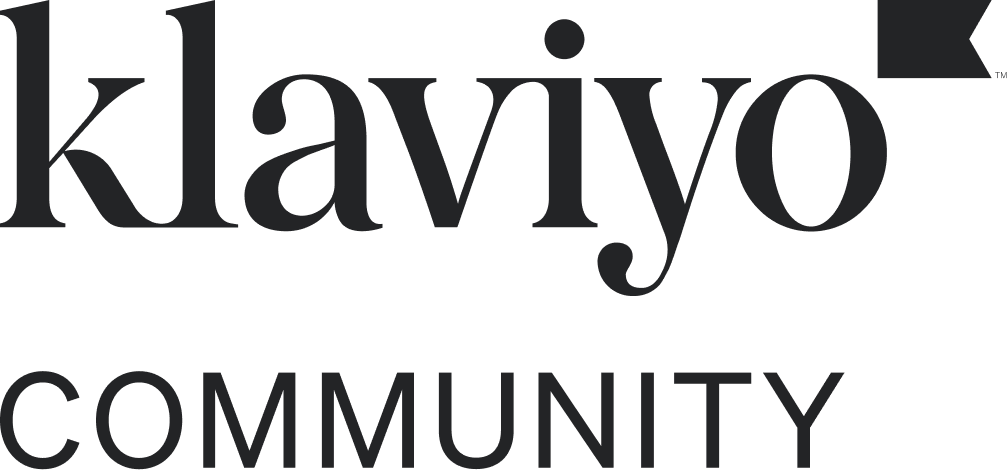Hi @MerianMg,
Thanks for reaching out - I’m also seeing a support ticket on this topic - sharing here for visibility:
From your initial outreach to us, it seems that you and your team are interested in connecting multiple website domains to the The Confidence Shop account, and are further interested in determining a way to track site visitors across domains using Klaviyo tracking.
To start, Klaviyo's onsite tracking is based on the subdomain of a site, so if the Facebook, Google, and the email marketing website all share the same subdomain of theconfidenceshop.eu, your team can use and reference our standard guides for onsite tracking setup:
If these do not use the same subdomain, however, it's important to note that our platform currently does not support or track third-party cookies (i.e., cookies that are shared with different websites), which are often required to make cross-domain tracking work as expected. Klaviyo cookies operate as first-party cookies, meaning that site visitors are identified by the Klaviyo cookie tied to your brand's domain — they would only be identified on the subdomain they were originally identified on.
We construct and manage our cookie infrastructure in this way for security and data privacy purposes, both for your brand/company and for the consumer and site visitors themselves. But this means that Klaviyo cookies tied to one subdomain are unable to read or recognize a Klaviyo cookie tied to another, even if they use the same root domain. It is this characteristic that keeps cross-domain tracking from being an option for our users currently in most cases.
In short, the __kla_id cookie that identifies an identified user's session — and their Klaviyo profile — will be tied to the subdomain of a site.
Considering the nature of the issue and how our cookie infrastructure currently exists, we do not have a direct workaround for cross-domain tracking, though our onsite development team is actively improving our tracking capabilities by implementing more persistent identifiers and expanding on our tracking as a whole.
That said, there may be a possible workaround here depending on the nature of your domain setup. If the Facebook and Google domains include a customer's email anywhere (e.g., if these domains include sign-up forms or have customer information stored within them), the simplest workaround would be to re-identify your site visitors using the email available to you on each subdomain. Your team/developer(s) can use our JavaScript library to identify a site visitor based on their email, which will re-create their Klaviyo cookie using our identify function on each separate subdomain.
Your team can use our documentation here: JavaScript API for identification and tracking || API basics
If you are interested in tracking any custom events as well after someone has been identified, you can use something like the below:
klaviyo.identify(identityProperties, onIdentifyCompleteCallback);
~Chloe



![[Academy] Deliverability Certificate Forum|alt.badge.img](https://uploads-us-west-2.insided.com/klaviyo-en/attachment/505f2253-cde5-4365-98fd-9d894328b3e0_thumb.png)
